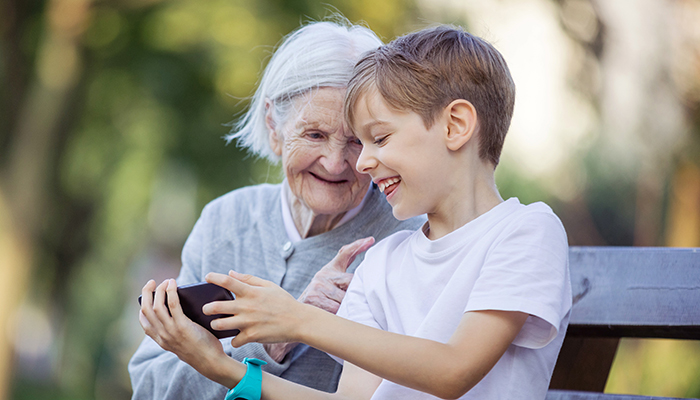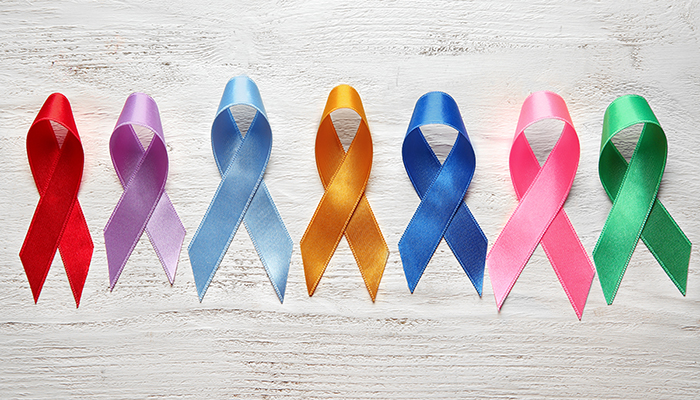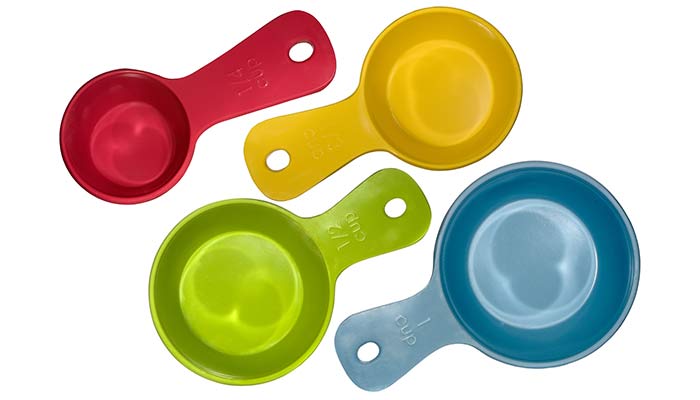At [Your Organization], we understand the pressures you are under as a family caregiver. This blog is designed to support you in the incredibly important work that you do.
As the [Your Service Area] experts in family caregiving, we have resources, tips and information that can make your life much easier.
If you would like help, give us a call at: [Your Phone Number].











